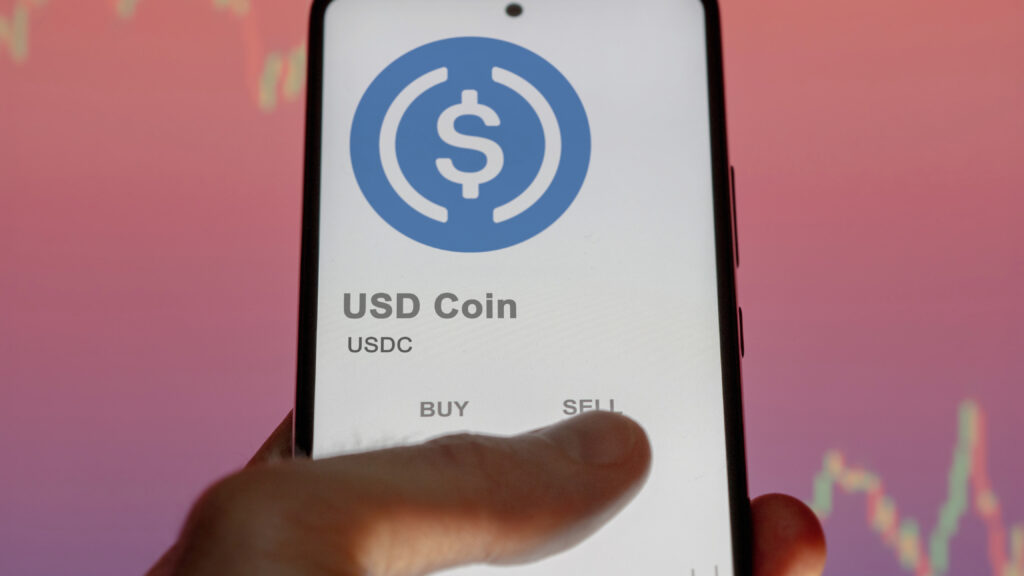
Key Takeaways:
- Circle partners with Mastercard and Finastra to integrate USDC into global payment systems, targeting banks and merchants across EEMEA and 50 countries.
- Mastercard enables stablecoin settlements in Eastern Europe, the Middle East, and Africa for the first time.
- Circle expands aggressively in Asia with new partnerships, zero-fee conversions, and talks with major South Korean banks.
Circle is accelerating its global expansion of USD Coin (USDC) by embedding it into mainstream financial systems through major partnerships across Africa, Asia, Europe, and the Middle East.
The company announced collaborations with Mastercard and Finastra that aim to bring stablecoin settlement to banks and merchants worldwide.
Expanding the future of cross-border payments with @FinastraFS and @USDC.
— Circle (@circle) August 27, 2025
The collaboration will enable USDC settlement to Finastra’s established network of financial institutions that currently process over $5 trillion in daily cross-border transactions.… pic.twitter.com/jOFsvh5B8T
Mastercard will enable acquirers and merchants in Eastern Europe, the Middle East, and Africa (EEMEA) to settle payments in USDC and Euro Coin (EURC), starting with Arab Financial Services and Eazy Financial Services.
This marks Mastercard’s first stablecoin settlement initiative in the region.
Meanwhile, Finastra will integrate USDC into its Global PAYplus platform, which handles over $5 trillion in daily cross-border transactions, giving banks in 50 countries the ability to settle international payments in USDC even for fiat-based transactions.
These moves build on Circle’s momentum following the U.S. GENIUS Act, the first federal stablecoin framework.
Circle has also deepened ties in Asia, including talks with South Korea’s largest banks, a zero-fee conversion deal with OKX, and a Japan-based joint venture with SBI Group, Ripple, and Startale to drive USDC adoption and tokenized asset platforms.

